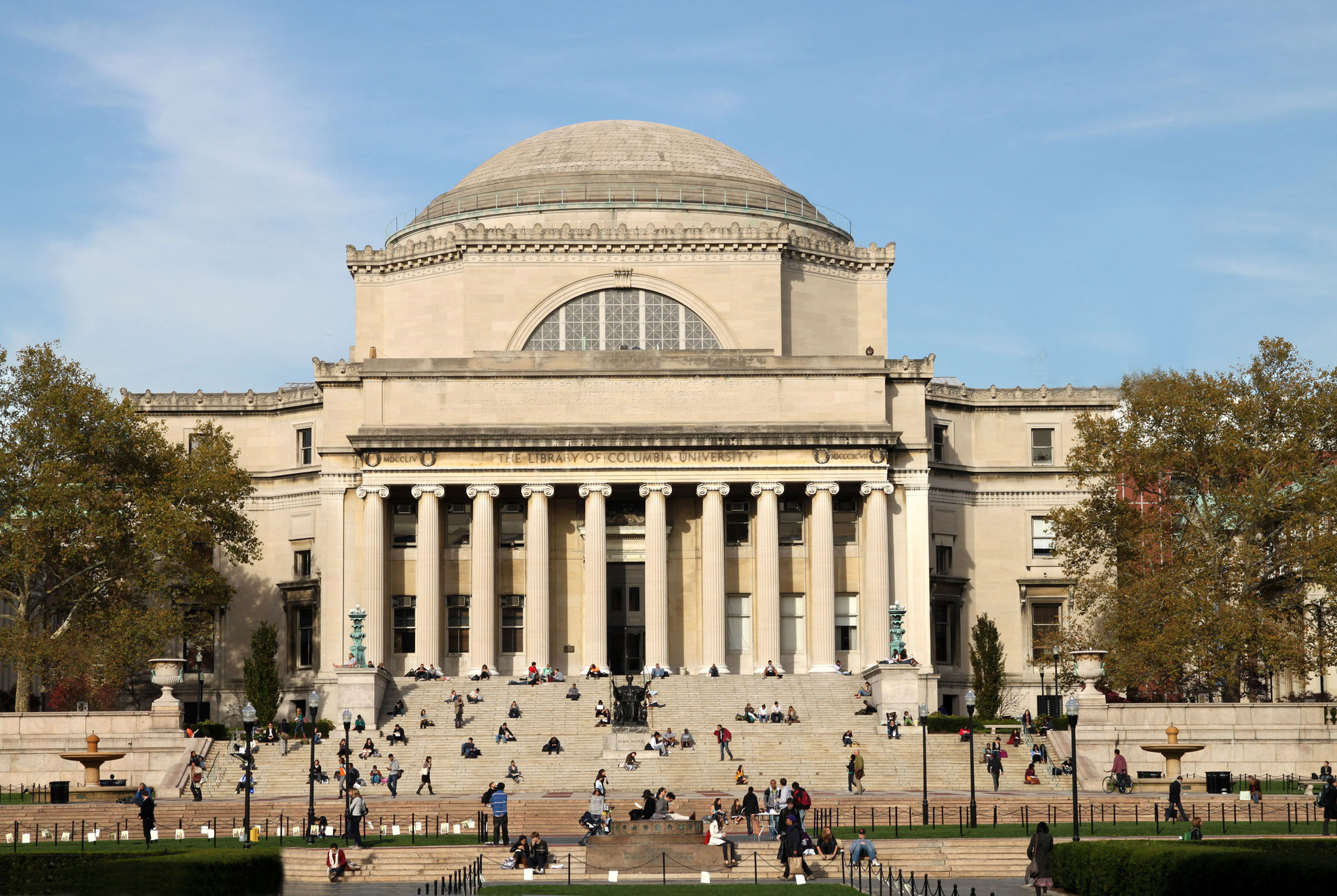Breaking Myths: Common Misconceptions About Ivy League Admissions
Understanding Ivy League Admissions
When it comes to Ivy League admissions, there are numerous myths that can cloud the judgment of prospective students and their families. Many believe that these prestigious institutions are only accessible to a specific group of individuals. In this blog post, we'll debunk some of the most common misconceptions surrounding Ivy League admissions, offering a clearer picture of what it truly takes to gain entry.

Myth 1: Only Perfect GPA Students Get In
One of the most pervasive myths is that only students with a perfect GPA have a chance of being admitted to an Ivy League school. While academic excellence is critical, it's not the sole factor in the admissions process. These institutions seek well-rounded individuals who demonstrate a passion for learning and personal growth.
Ivy League schools often look for students who excel in extracurricular activities, show leadership potential, and have a genuine interest in contributing to their community. A holistic approach to admissions means that even those without a perfect GPA can stand out if they bring unique talents and perspectives.

Myth 2: You Must Be Wealthy to Attend
Another common misconception is that only wealthy students can afford to attend Ivy League schools. While tuition costs can be high, these institutions often have generous financial aid packages. Many Ivy League schools are committed to making education accessible to students from all economic backgrounds.
Most of these universities offer need-based financial aid and have initiatives ensuring that admitted students can attend regardless of their financial situation. It's crucial for applicants to explore these opportunities and understand that financial barriers should not deter them from applying.
Myth 3: Legacy Status Guarantees Admission
While having a family member who attended an Ivy League school might offer an edge, it does not guarantee admission. Legacy status is just one of many factors considered in the application process. Admissions committees focus more on a candidate's achievements, potential, and fit with the institution.
It's important for legacy applicants to highlight their individual strengths and contributions rather than relying solely on family connections. Ivy League schools are looking for candidates who will enrich their communities and uphold their standards of excellence.

Myth 4: Extracurriculars Must Be Extraordinary
The belief that only students with extraordinary extracurricular accomplishments make the cut is another myth. While impressive achievements can bolster an application, Ivy League schools value genuine commitment and passion over quantity or prestige.
It's more beneficial to engage deeply in a few activities that align with one's interests and goals rather than spreading oneself thin across numerous clubs or organizations. Admissions committees appreciate applicants who demonstrate dedication and growth in their chosen pursuits.
The Reality of Ivy League Admissions
Ultimately, the key to breaking through the myths surrounding Ivy League admissions is understanding the holistic approach these institutions take. By focusing on academic excellence, personal growth, and community involvement, students can present themselves as well-rounded candidates with much to offer.
Prospective applicants should not be discouraged by misconceptions but instead equip themselves with accurate information and a strong sense of their unique value. Success in Ivy League admissions is not about fitting a specific mold but about showcasing authenticity and potential.
